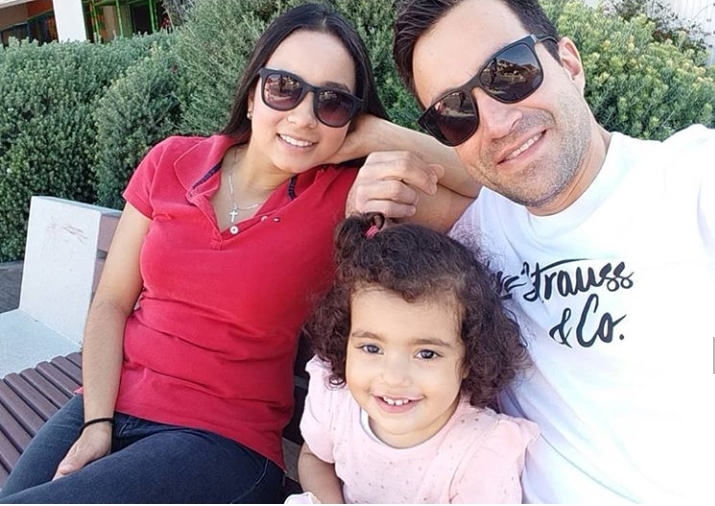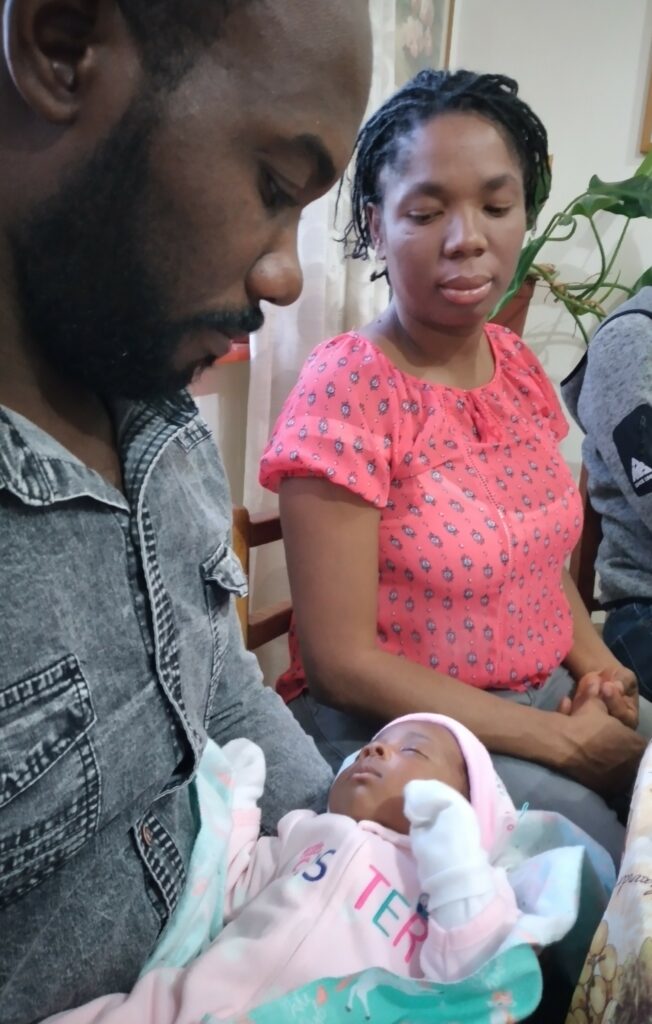
27 Apr life always makes its way/chile
A short article to tell you about how some immigrant families are entering our daily lives.
Tierra Amarilla is a community established in the center of Atacama, which contains a succession of small villages that go up the mountain along the Copiapó River bed – a vast area that still has a sizable rural population.
It is a hard dry land that currently offers work to thousands of people in the mines and in grape harvesting. In search of this illusion – for that is what it is for many – migrants arrive. They are from our own country, but also from nearby countries, as well as people from Venezuela, Haiti, Santo Domingo, Cuba and many others, who have left their lands to seek a better life. Their situation, in general, is very precarious and, at times, threatened by drugs and other addictions. Nevertheless, it seems that life is even harder in the big cities.
For us Handmaids this is a challenge that, seemingly unfathomable as a whole, is coming very close to us through the families that we have welcomed into our house as well as into the parish buildings.
First, like Mary and Joseph, Roger[1] and Annie came to us, a young Venezuelan couple who were on the way to the capital but had to ask for lodging because she was pregnant and was not feeling well. That night that they hoped to spend here has been prolonged until today. Here they got married, settled down, set up housekeeping on the parish grounds, and have found work. We have in them a very affectionate family, very active in the life of the parish. And especially Julianita, the lovely 3 year old that prevented them from going to the capital and brought them here to Tierra Amarilla and to this community.
Then, last year as the result of a change in the community, we were left with some empty bedrooms. We decided to adapt them to be able to welcome a young Haitian couple who work in the grape fields. That’s how Natalie and Wondi came to us. A few days after settling in, they confessed that they were expecting their first child. The people of the parish welcomed them affectionately. When the time of the baby’s birth was approaching, they organized a “baby shower” for them, with many items that they would need, and that Natalie and Wondi, still a bit timid and embarrassed, thanked them for. On February 16, Melanie was born; strong and alert, she is the joy of her parents and of the Haitian community that constantly comes to see them. For us it has been a precious experience to be living practically together, helping Natalie – who speaks no Spanish – with the post- natal visits and formalities, sharing some walks on the beach, getting Wondi to give us a hand, sharing what each one receives, and even the hens that he was acquiring, which for us has turned into quite an experience with poultry.
Often we reflect that this little house of Natalie and Wondi has become a meeting place for other Haitians that, living on rented plots of land, have neither space nor their own place to share among themselves. So we hear them talking and laughing endlessly, especially on weekends. We are getting to know them little by little, and it is really a joy.
We are expecting still another birth in October, this time from the Syrian couple, Masud and Asra, both doctors. He found work here, in the Health Center of Tierra Amarilla, and is living next-door to us, in the hospitality house. His wife was contracted by the Health Center of Puerto of the port of Caldera, which is about 70 kilometers from here. At this time, they are awaiting, with great anticipation, the arrival of their first child who, after they have just left Syria, they are bringing into this world.
We rejoice, but we are aware that this is not “the world” of migration, but a small example of what could be — a place where we all feel like one big family. The world of migration is enormous, with very serious questions, and today it presents us with the challenge of drawing up a new parish project.
Beatriz Garrido, aci
[1] All proper names are fictitious in order to respect privacy.


